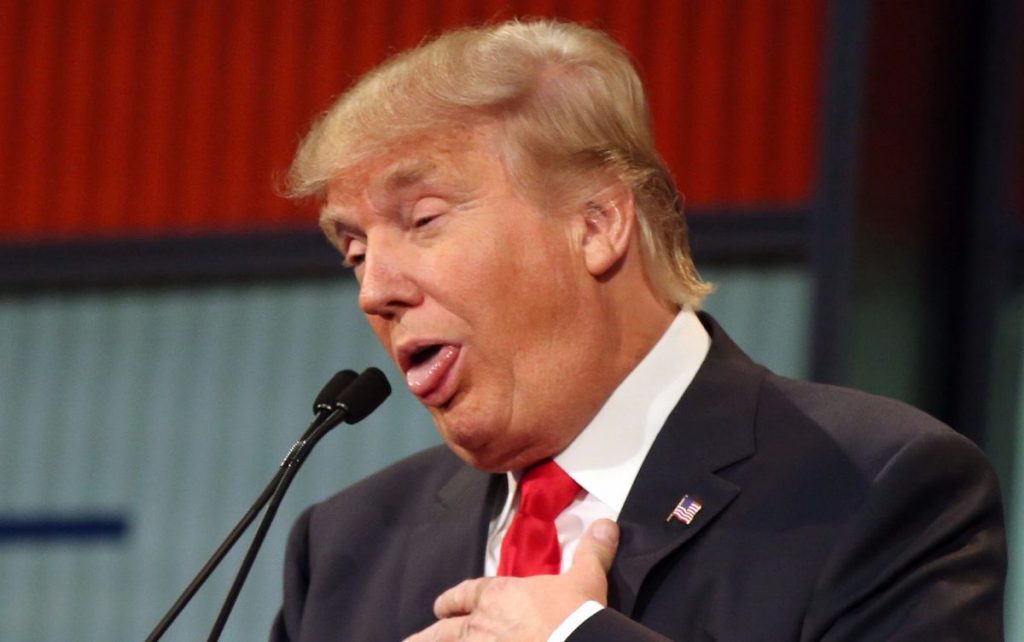Some US officials pushed for Alibaba, Tencent, and Baidu to be added to an investment blacklist on the account of (allegedly) aiding China’s military, intelligence, and security apparatuses. But sources told Reuters that Treasury Secretary Steven Mnuchin opposed the idea and eventually prevailed over his administration colleagues. According to the Wall Street Journal (WSJ), Mnuchin and his team feared widespread selloffs and economic fallout had the plan gone through. The firms in question are dauntingly enormous, having tremendous pull across markets. As Bloomberg noted, the combined market value of Alibaba and Tencent exceed US$1 trillion – almost twice the size of Spain’s stock market. Regardless, President Trump seemed determined to secure his tough-on-China legacy, clarifying and toughening a previous executive order on investments. In addition to being barred from buying securities in companies linked to China’s military, US investors must now get rid of all their holdings in those companies by 11 November this year. Alibaba, Tencent, and Baidu may have dodged the bullet (for now), but the Trump administration is set to add nine other Chinese firms to its investment blacklist, sources told the WSJ. Top Chinese chipmaker SMIC and oil giant CNOOC were blacklisted just last month. US-China industrial relations should improve under the Biden administration, but by how much is another question. (Source: Reuters)
